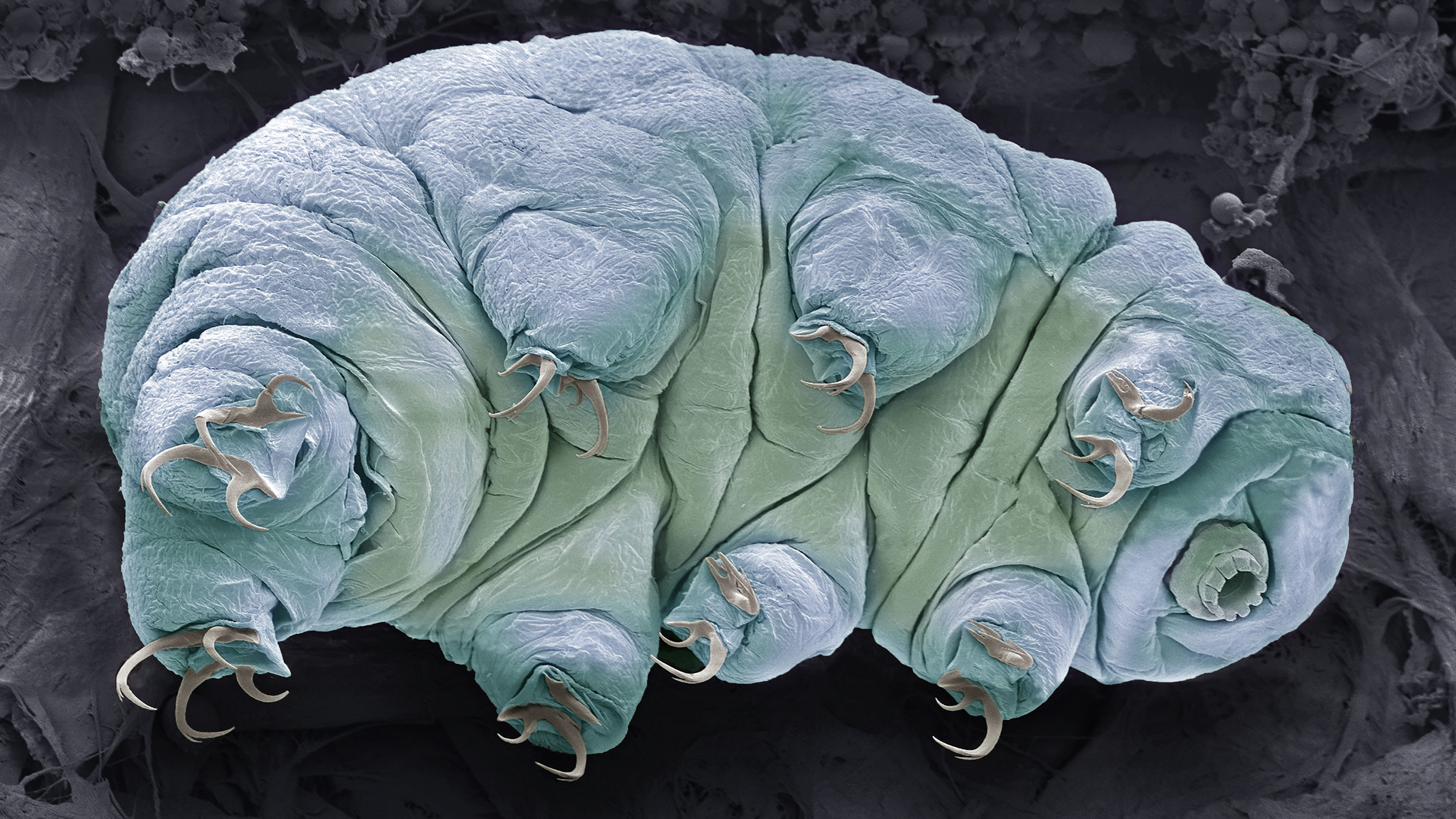Immunotherapy is a promising approach to fight against cancer. It enhances the ability of a patient’s immune system to identify and destroy tumor cells.
However, the treatment fails because their T cells become exhausted, the primary cancer-killing lymphocytes. Scientists are continuously finding out ways to improve the efficiency of immunotherapy. One way is to add protein gives a boost to tired T cells.
EPFL spin-off Leman Biotech has explored this path. They developed and tested one such protein that shows an almost 90% efficacy rate on mice.
They engineered an artificial protein called interleukin-10-Fc, that can revitalize T cells. Their compound targets CD8+ T cells in particular, as these play a central role in the body’s defense against tumors.
The protein enters the mitochondria and combines with a mitochondrial pyruvate carrier to quietly reprogram the cells’ metabolism. After getting this second wind, the T cells are ready to head back into combat.
Prof. Li Tang from the EPFL laboratory said, “We ran several more preclinical trials these past few months using different types of human tumors transplanted into mice. The results were just as encouraging, and the mice went on to have normal life expectancies.”
Natalia Giovannini from the TTO said, “There were two inventions that needed to be protected. The interleukin-10-Fc protein fragment used to reprogram T cell metabolism, and the cells that carry those fragments.”
Journal Reference:
- Guo, Y., Xie, YQ., Gao, M. et al. Metabolic reprogramming of terminally exhausted CD8+ T cells by IL-10 enhances anti-tumor immunity. Nat Immunol 22, 746–756 (2021). DOI: 10.1038/s41590-021-00940-2
Note: This article have been indexed to our site. We do not claim legitimacy, ownership or copyright of any of the content above. To see the article at original source Click Here












